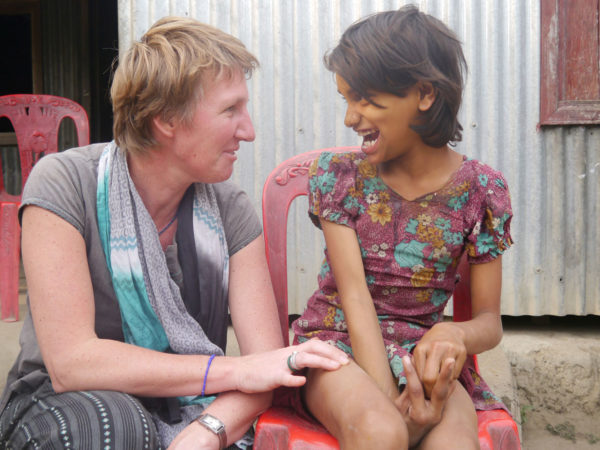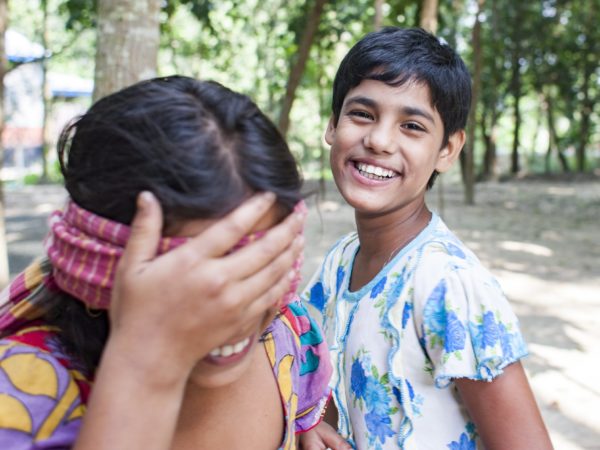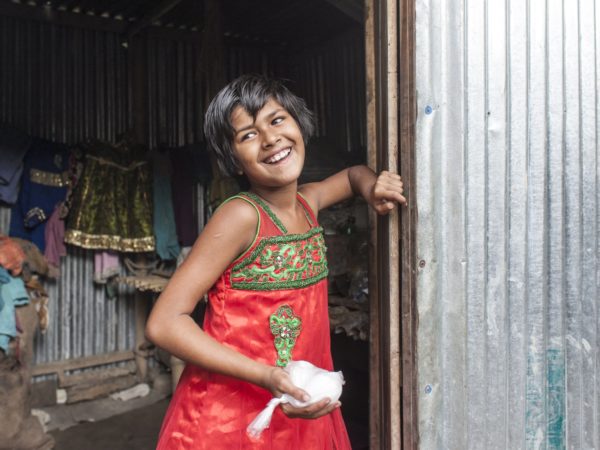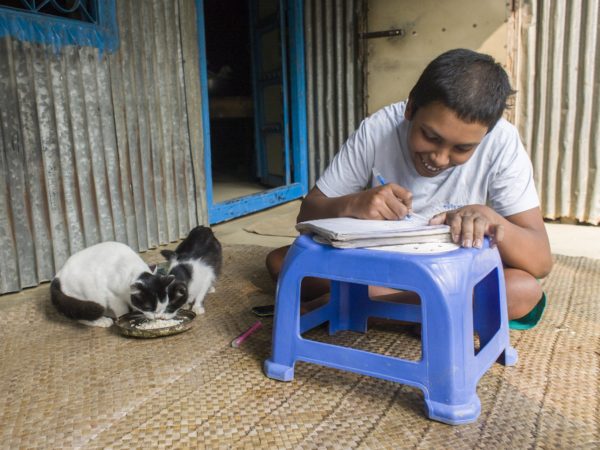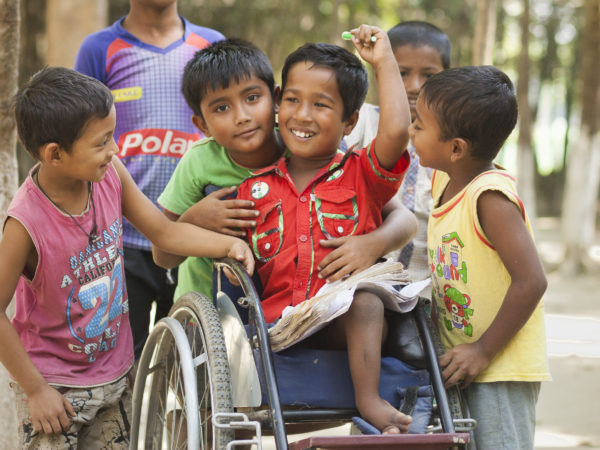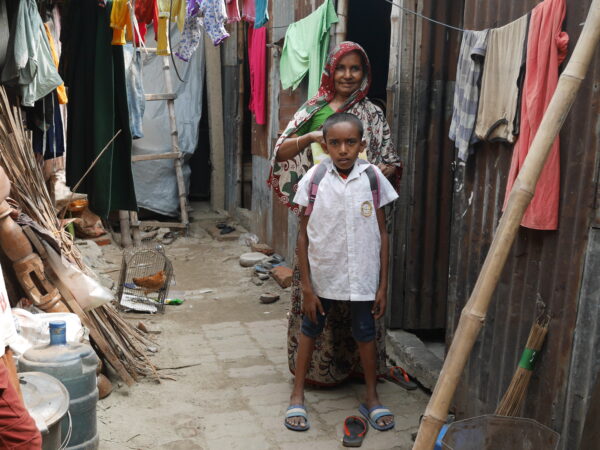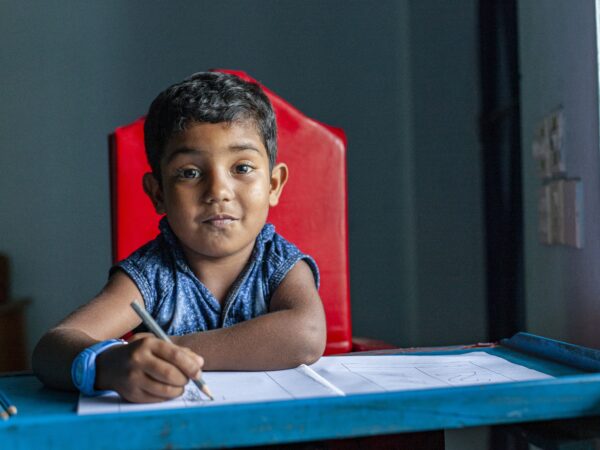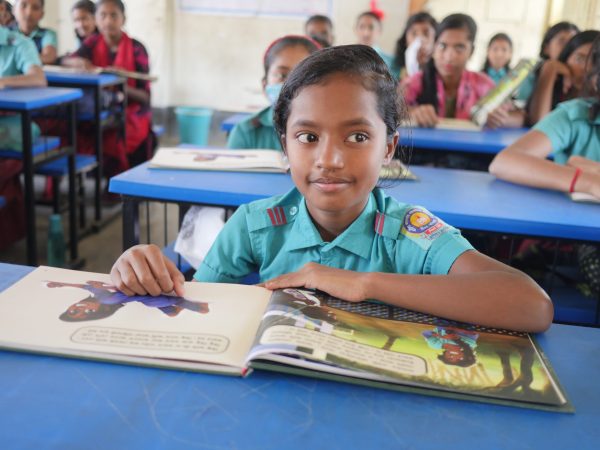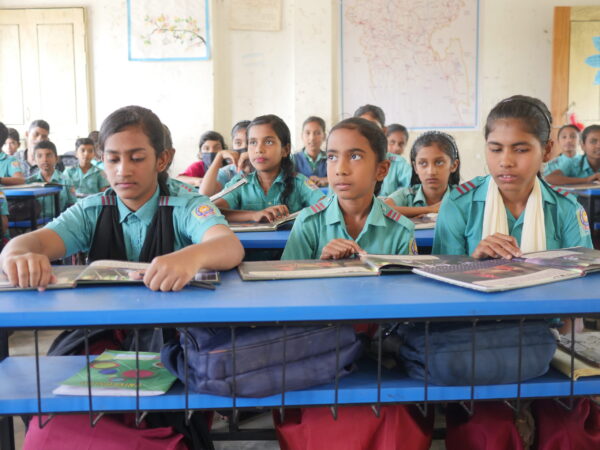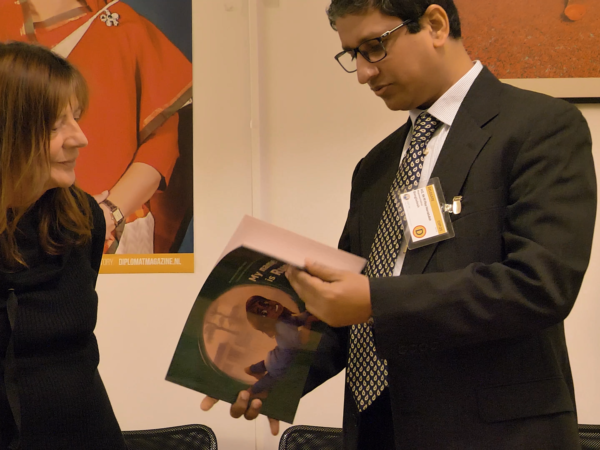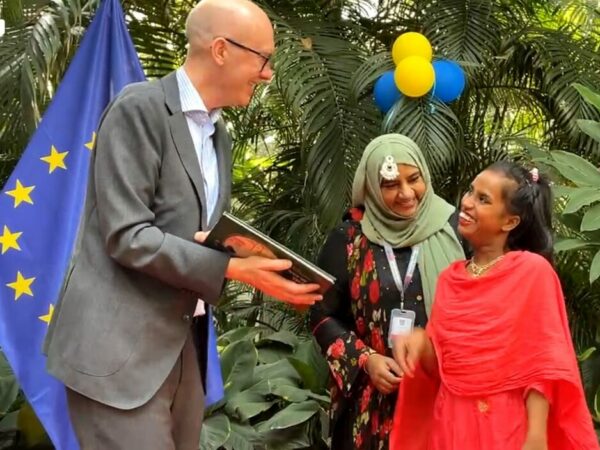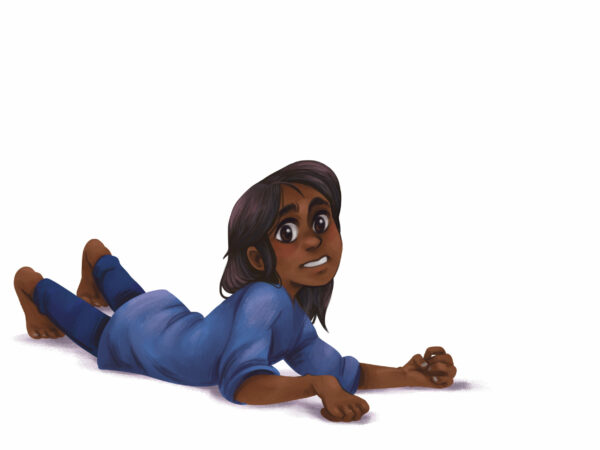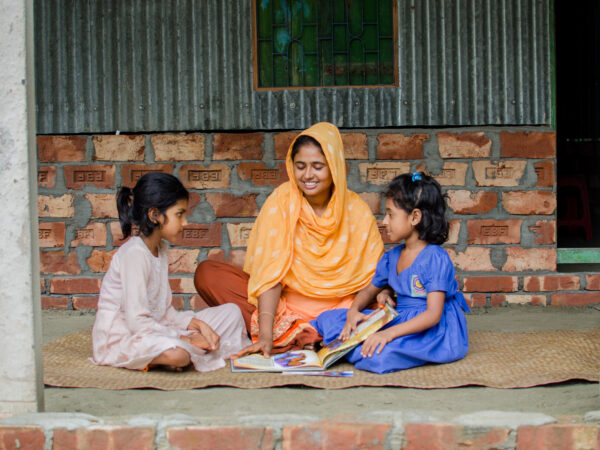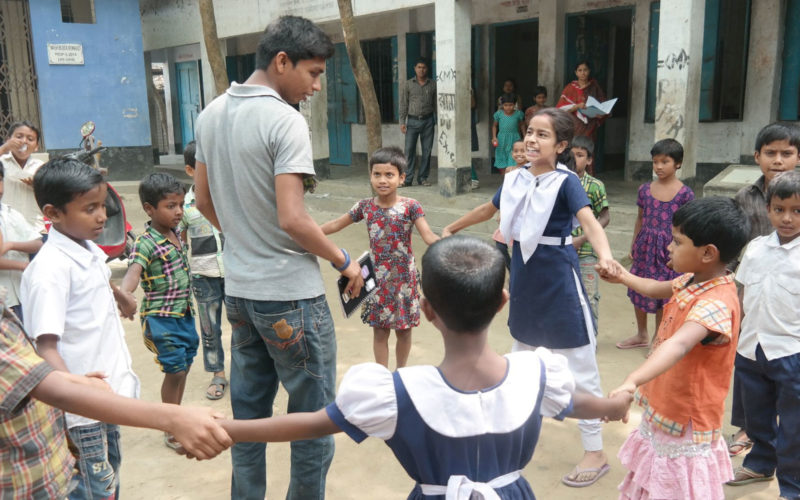Project Inclusive education
Inclusive education is education where children with and without learning difficulties or disabilities play and learn together. Every child has the right to education that is of quality and does not discriminate because of different learning support needs. (UN Convention on the Rights of Persons with Disabilities)
Playing and learning together should start at an early age, at home and in the local community. This way, when children reach primary school age, they can attend the same community school together with care and support where needed. So they can all develop to their full potential – cognitively, physically, and socio-emotionally. The starting point should be the required learning support needs rather than a medical diagnosis.
Inclusive education recognizes and respects that every child is unique and that education systems therefore should be flexible and adjustable. In other words, the system must adapt to the needs of the child, instead of the other way around. That is also why teachers in mainstream schools need to enhance their pedagogical knowledge and skills to be able to teach and support learners with disabilities.
This will also raise awareness and recognition of diversity, discrimination and equal rights among children, teachers, school leaders and parents in general, so that those with learning difficulties and/or disabilities will feel welcome and respected.
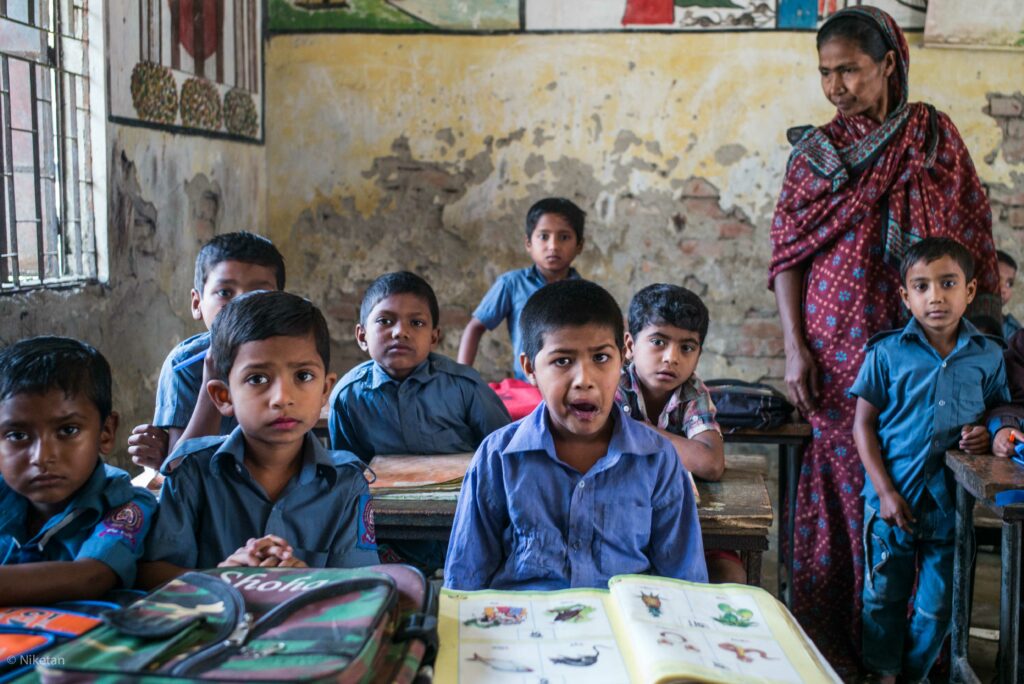
The following Niketan (sub)projects work toward this goal:
Mainstream schools as partners in the development of (more) inclusive schools.
Inclusive education means that schools need to be ready for diverse learners and be able to provide individualized services for learners with various support needs. To help achieve this, Niketan organizes training courses for school leaders and teachers in 20 mainstream schools. Also, meetings with parents and pupils are organized to facilitate integration of children with disabilities.
At the same time, children supported by Niketan’s other projects are made ready for transition to a mainstream school. This is a carefully planned process involving both Niketan and the mainstream school staff, during which children with disabilities gradually spend more and more time at the mainstream school. For the time being, Niketan focuses on learners with minor and moderate disabilities.
Stories for Inclusion.
Niketan launched this project together with Biblionef Netherlands to increase awareness of diversity and inclusive responses. The project is founded on (inter) national rights-based treaties and legislation. As a lobbying tool, children’s books about characters with disabilities are the means to promote non-discrimination and inclusion. Research has shown that there are few visible role models for and of characters with disabilities in children’s books and at school. The first book – “My Name is Runa” – is based on a true story of Runa, who lives in Bangladesh and has Cerebral Palsy. Stories for Inclusion aspires to create several books about diversity issues, also by working together with local children’s authors and illustrators.
This Learning Brief is showcasing what we have learned during the first 18 months of the “Stories for Inclusion” (pilot) project.
Also read how we prepare children for work

